CPAC Christian Persecution Coalition Meets with Nobel Peace Prize Laureate Dr. Denis Mukwege
- Staff Writer

- Aug 5, 2025
- 3 min read

The CPAC Christian Persecution Coalition met with renowned Nobel Peace Prize laureate and gynecologist Dr. Denis Mukwege at the American Center for Law and Justice on Friday to further examine efforts to assist Christians in the Democratic Republic of the Congo.
In a nation torn by war, greed, and fear, Christians in the Democratic Republic of the Congo (DRC) are being murdered for their faith, shamefully abandoned by world leaders, and suffocated under the weight of a shattered system.
Since 1996, violence, unrest, and Christian persecution have dictated the DRC, despite several US-backed policy intervention attempts. Dr. Mukwege, renowned for aiding women victims of rape and sexual violence in the DRC, gave a glimpse into the hair-raising reality of the brutality against Christians in the Congo.
“We are counting the people that are killed, just because they are Christian,” he said.
The senseless slaughter of his 37 recovering, innocent patients, killed in their hospital beds alongside staff and dedicated pastors, underscores the magnitude of the crisis. With over 68,000 cases of gender-based violence and over 6 million deaths reported, world leaders cannot afford to ignore this ongoing and escalating humanitarian crisis.
Three years after the first war of aggression broke out in the DRC in 1996, the state cut ties with Rwanda and Uganda. Despite U.S. efforts, which began in 2006, to address unrest in the DRC, decades of intervention have largely gone unnoticed. Issued in 2006, Executive Order 13413 enabled the U.S. to sanction individuals and entities fueling violence in the DRC, targeting warlords, arms traffickers, and human rights abusers to mitigate chaos and restore regional stability.
These sanctions were extended by Executive Order 13671 in 2014, reinforcing America's commitment to peace and accountability in the region. Public Law 109‑456, the Democratic Republic of the Congo Relief, Security, and Democracy Promotion Act of 2006, established clear U.S. policy goals while providing an annual minimum of $52 million in bilateral aid and promoting humanitarian relief, democratic reform, and transparent resource management in the DRC. Despite their legislative intent, laws and policies have continuously struggled in practice due to a lack of enforcement, shifting U.S. priorities, foreign and local interference, regional instability, and inadequate oversight of aid and conflict mineral sourcing. The 2012 ceasefire failed to address the underlying drivers of conflict, allowing cycles of violence to continue.
The Trump administration-brokered 2025 peace deal, however, signals a change. The deal between Rwanda and DRC is a good start that now needs to expand its consideration of players in this conflict.
“This is not a right or left issue,” Dr. Mukwege urged, “Everyone, at home and abroad, should know what is happening and rally together for justice.”
America must reclaim its voice as both a defender of religious freedom and a leader in global supply chain ethics and national security. The DRC is rich in critical minerals used in international technology and manufacturing, which are essential for producing everything from smartphones to defense technology. However, local communities reap none of the benefits while China dominates and exploits the extraction and processing markets, cementing its grip on the global supply chain, forcing American companies into dependence on foreign adversaries, and leaving them vulnerable to political and economic disruptions. Every time we delay action, we empower China and embolden tyrants.
It’s time to unite in support of our Christian brothers and sisters and lead with strength, pride, and a sense of justice. We must call for stronger U.S. policies that protect Christians abroad, hold corrupt regimes accountable, and build a secure supply chain free from communist control. We must pave the way forward with public-private partnerships that ensure transparent mineral extraction and fair trade, investment in Congolese communities for responsible sourcing, and policy and legislative support to strengthen American mineral independence. We must renew America's commitment to moral leadership and reduce its dependence on China. As Scripture reminds us, “Blessed are the peacemakers, for they shall be called children of God.” That peace must be grounded in truth, backed by strength, and never separated from justice.








.png)




_gif.gif)